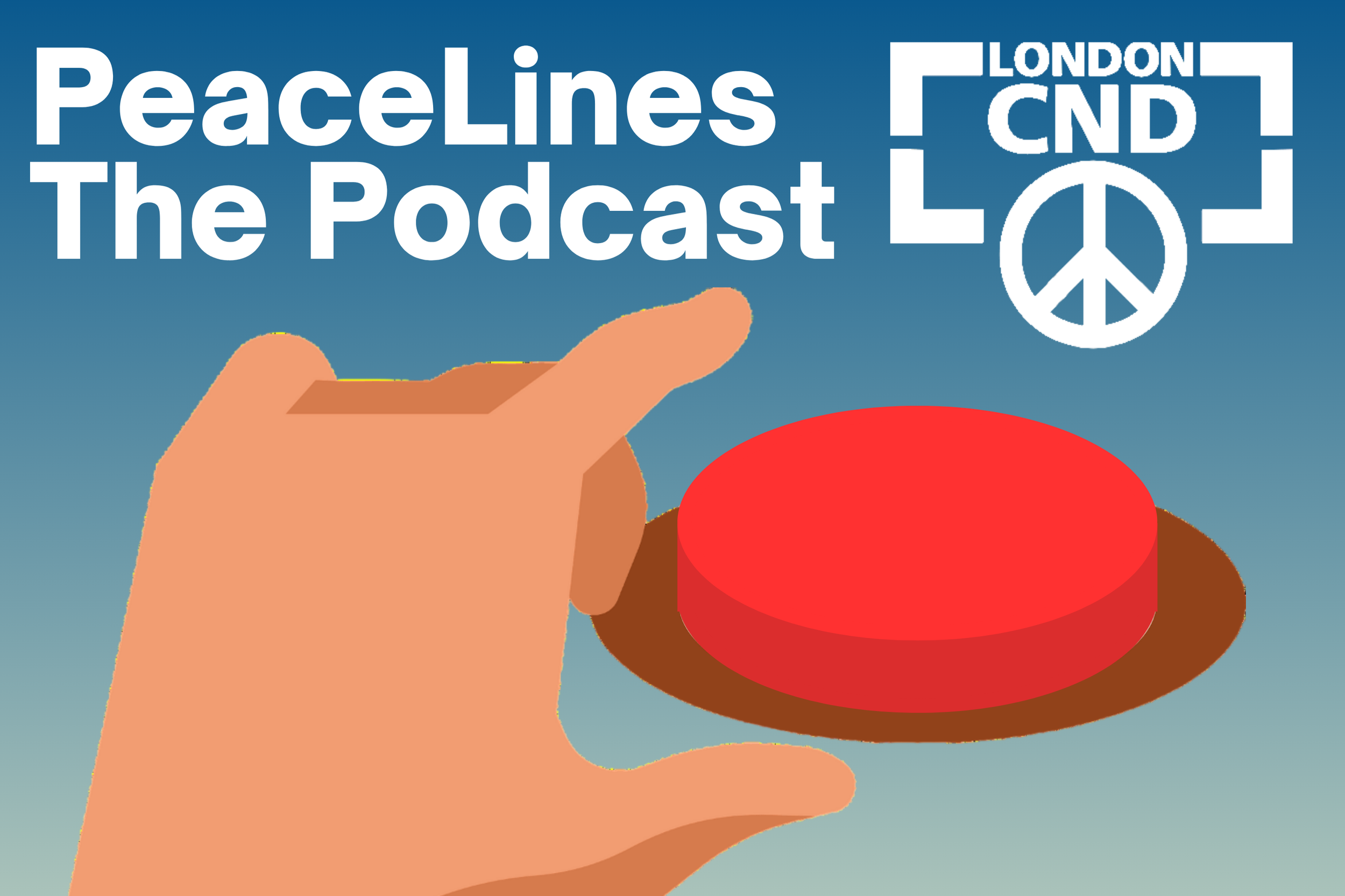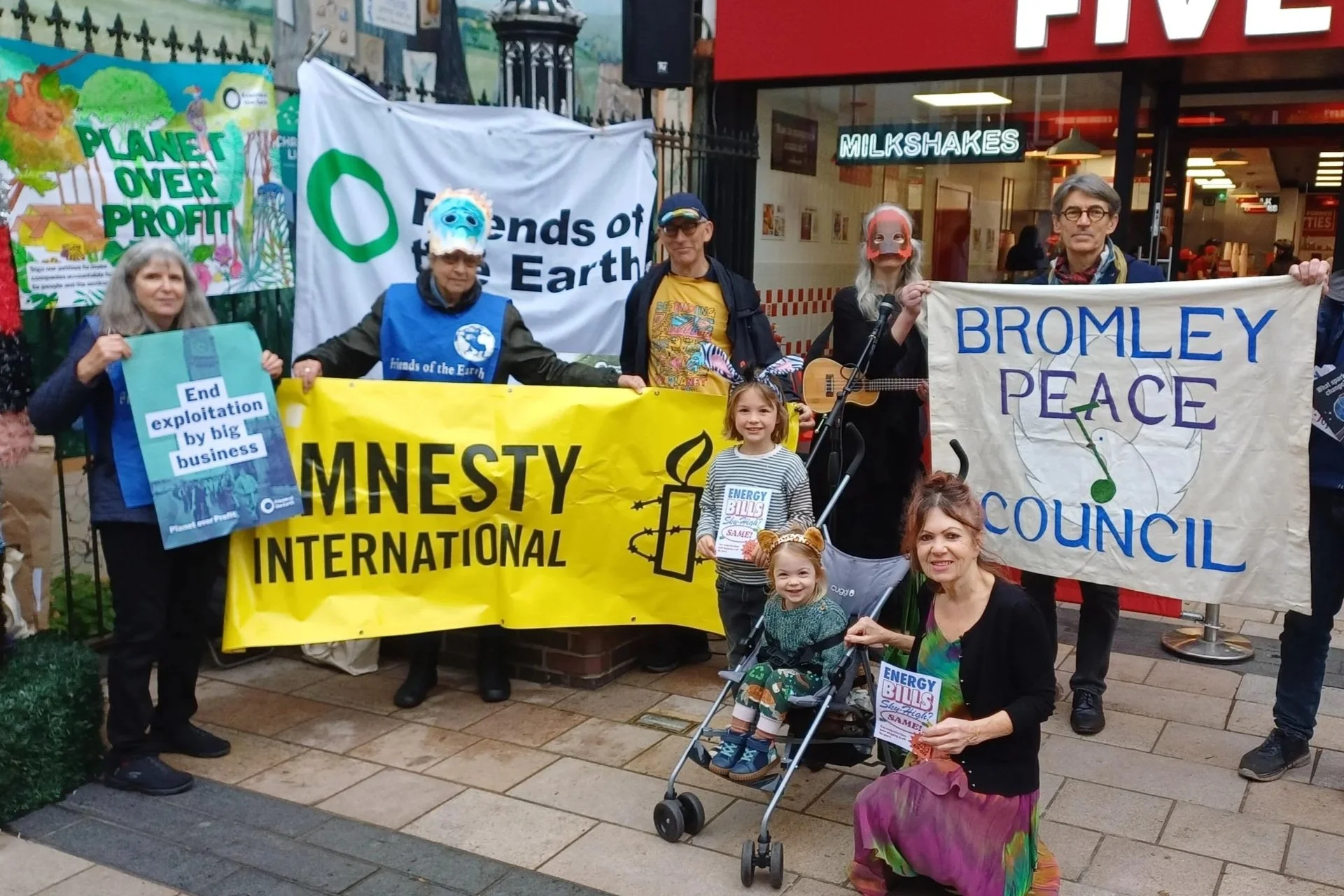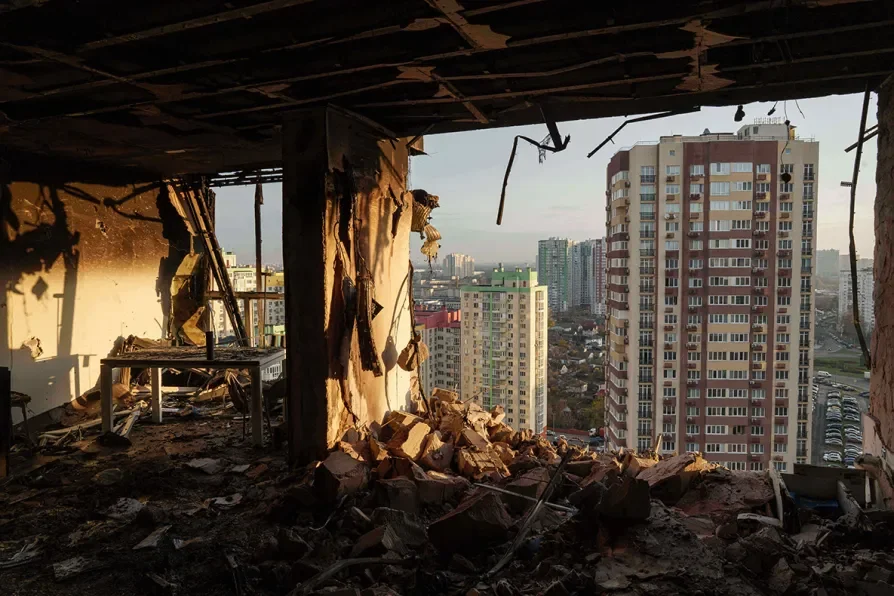What is the INF treaty - and why does it matter?
This morning, we woke up to the news that Donald Trump is pulling the US out of the INF treaty. So what?
Read our explainer to find out why it’s actually a big deal.
What is it?
The Intermediate-Range Nuclear Forces Treaty (INF for short) was signed in Washington in 1987 between Ronald Reagan and Mikhail Gorbachev, then General Secretary of the USSR. The treaty put an end to an arms race in which both the US and the USSR had deployed nuclear missiles all across Europe.
The INF outlawed all missiles with ranges of 500–1,000 kilometers (short-range) and 1,000–5,500 km (intermediate-range), and by May 1991, 2,692 such missiles were eliminated.
Why does Donald Trump want the US to pull out?
In October last year, Trump announced his intention to withdraw from the treaty on the grounds that Russia is not complying with it. The Trump administration claims that Russia is developing a new Cruise missile, which violates the treaty.
What happens next?
Today Trump confirmed that the US will be leaving the treaty. The US will suspending its compliance on Saturday, and will serve formal notice that it will withdraw altogether in six months.
If Russia does not destroy its new missiles within that six-month window, the US will start to develop its own intermediate-range missiles. This is likely to lead to a dangerous nuclear arms race.










